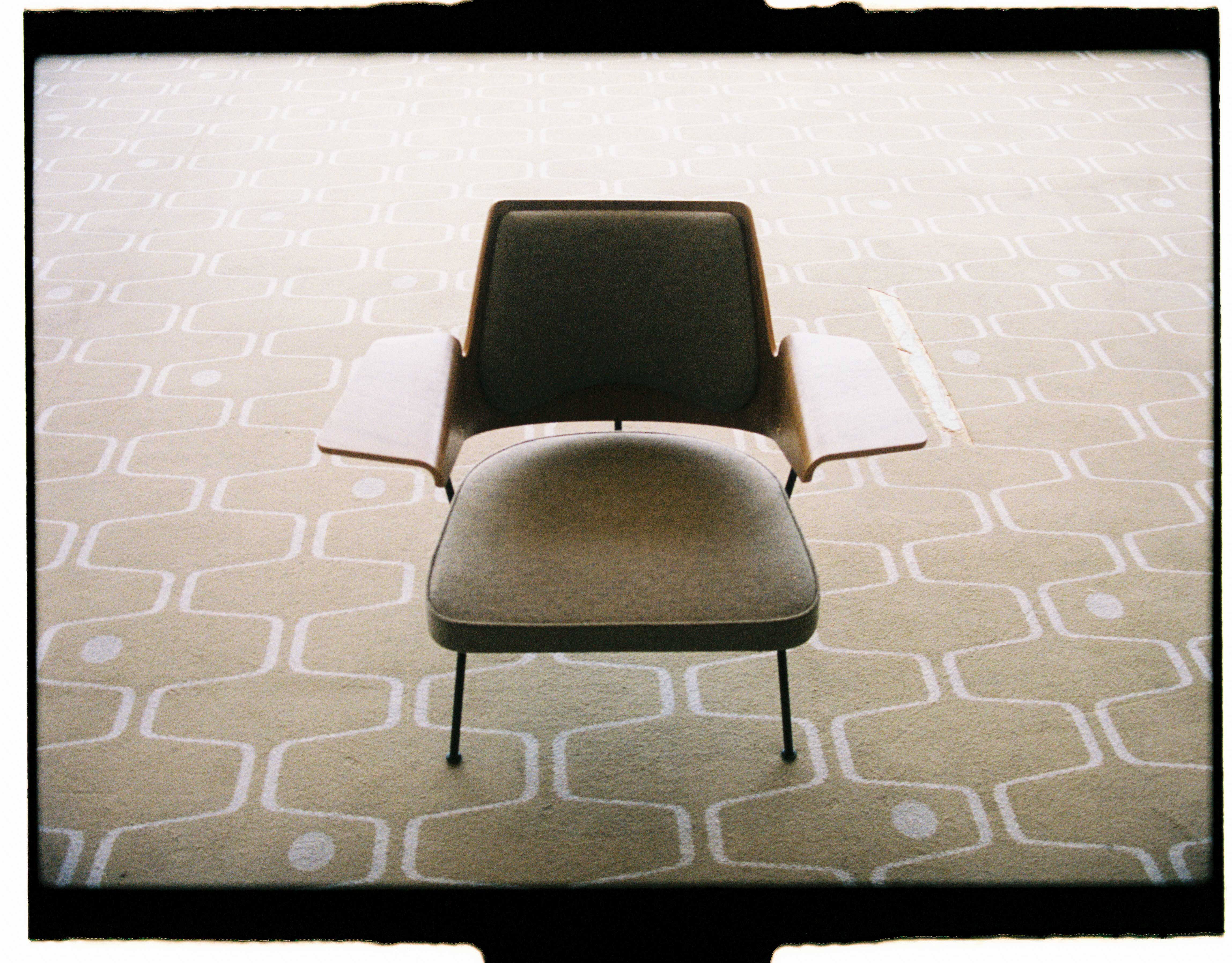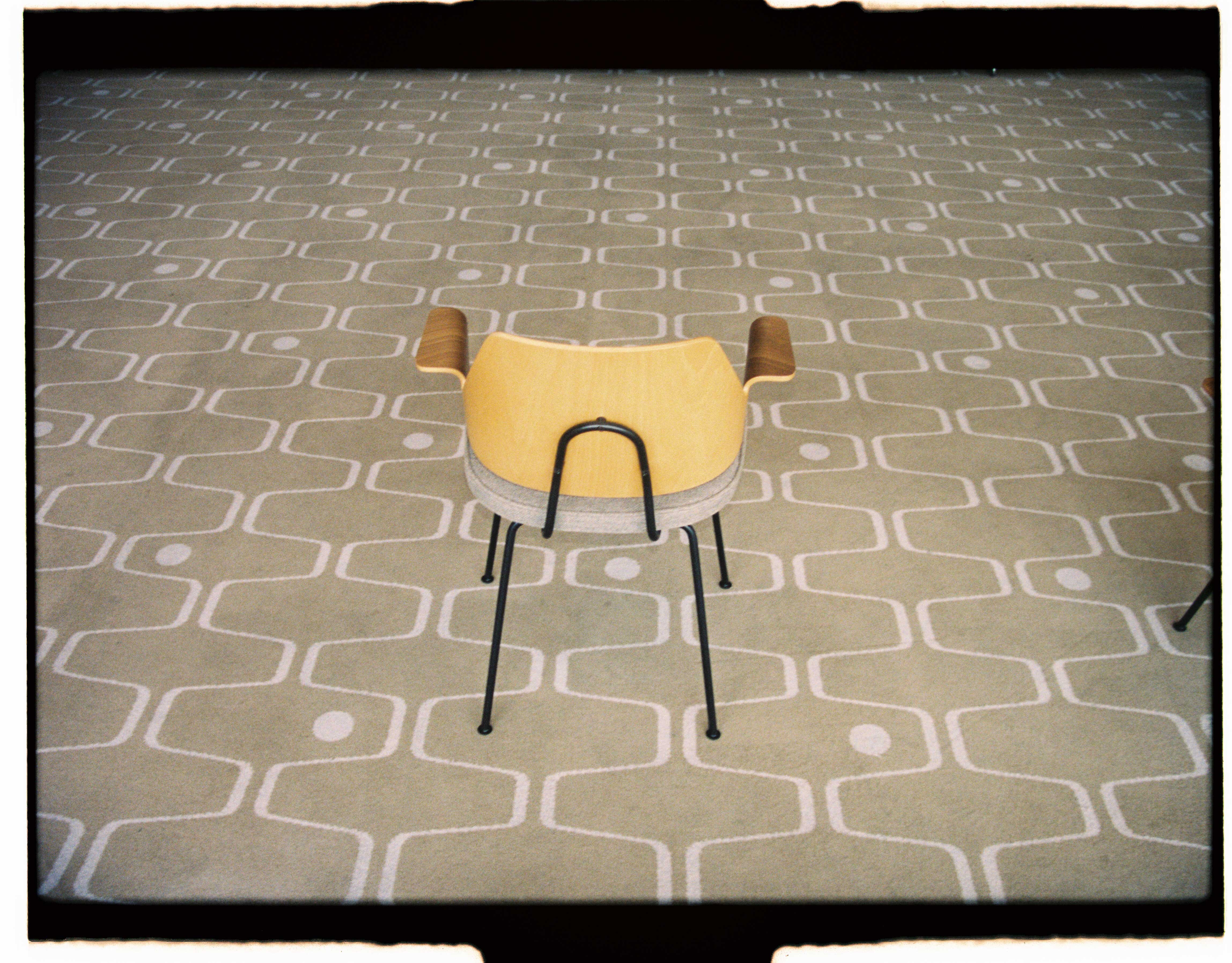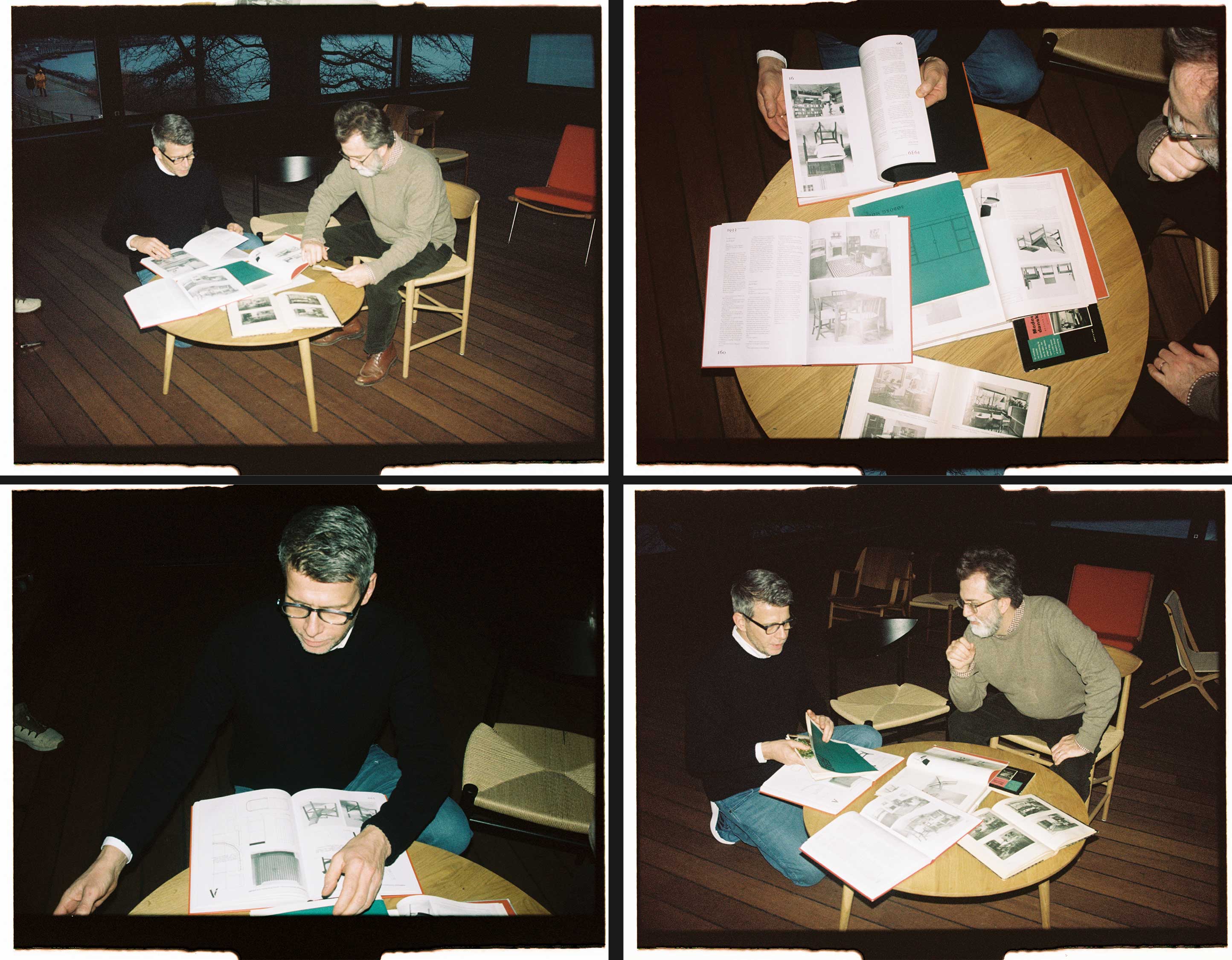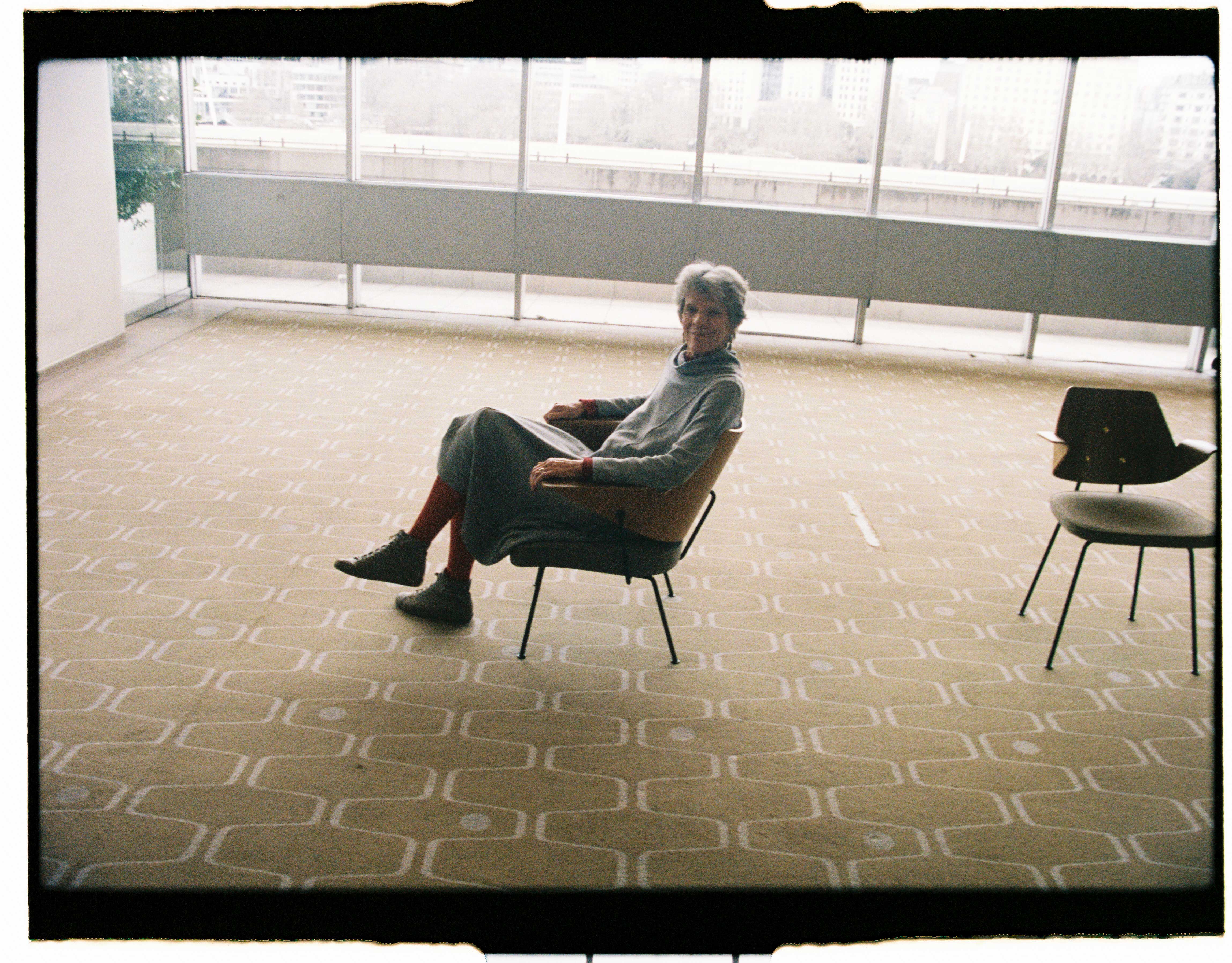
Danish brand &Tradition’s sought-after Classics collection has helped reintroduce timeless pieces by Scandinavian designers, from Verner Panton’s ‘Flowerpot’ pendant to Hvidt & Mølgaard’s ‘X’ lounge chair. Now the Copenhagen-based brand is extending its portfolio to British design by reissuing a series of post-war pieces by Robin Day (1915-2010).
Working in close collaboration with the Robin and Lucienne Day Foundation – a process honed by a decade spent liaising with the families of iconic designers to uncover and preserve their original designs in their most authentic form, &Tradition has relaunched two archive collections designed by Day in 1951.

The first, Daystak, was inspired by the potential of moulded plywood as well as the ethos of the Museum of Modern Art’s 1948 Low-Cost Furniture Competition, at which Day, along with his partner Clive Latimer, won first prize for their ingenious set of modular wooden units based on a series of movable elements (their competitors included the likes of Marcel Breuer, Jørn Utzon and Franco Albini). The &Tradition reissues include a similarly elegant and paired-back side chair, table and desk, all revered for their minimalist midcentury silhouettes and available in a selection of wood finishes.

The second collection comprises a handful of Day’s designs for the Royal Festival Hall on London’s South Bank, some of which will be available to purchase for the first time in history. Originally part of a larger commission for the venue, which included the auditorium seating still in use today, the RFH collection includes an armchair and lounge chair with softly curved veneered backrests, as well as slatted outdoor chair and table.
Watch: Robin Day Documentary by &Tradition
To accompany this new portfolio, &Tradition has produced a short documentary highlighting the British designer’s influence on midcentury design. Narrated by art and design historian Emanuele Quinz, the film looks at how Day was guided by a pragmatic, creative ethos and social conscience to create pieces throughout his career, focusing on ‘the designer’s desire to solve functional problems with simple yet intuitive solutions.’
Day grew up surrounded by timber yards and cabinetmaking workshops in the furniture-making town of High Wycombe, and developed his skills making drawings and models for architects and signwriting. ‘[His] objects stand as a testament to enduring design principles in a world hungry for innovation and sustainability,’ says Quinz. ‘His legacy is inspiring a new generation to embrace the transformative power of ethical design.’

‘My father was a very practical, down-to-earth designer. He thought of his job as a designer to solve problems,’ says his daughter Paula Day in the film, adding that he was also very aware of our impact on the environment and our limited resources. ‘He was in a way an environmentalist before the word was even coined.’ Also featured are Sam Hecht of Industrial Facility, and many shots of Day’s inspiring designs, including his Royal Festival Hall designs and ‘Sussex bench for the Barbican’s terrace.
Another short film, ‘When Modern became Modern’, focuses on post-war modernism and features interviews of specialists including Copenhagen-based gallerist Peter Kjelgaard and Space Copenhagen founders Signe Bindslev Henriksen and Peter Bundgaard Rützou.







